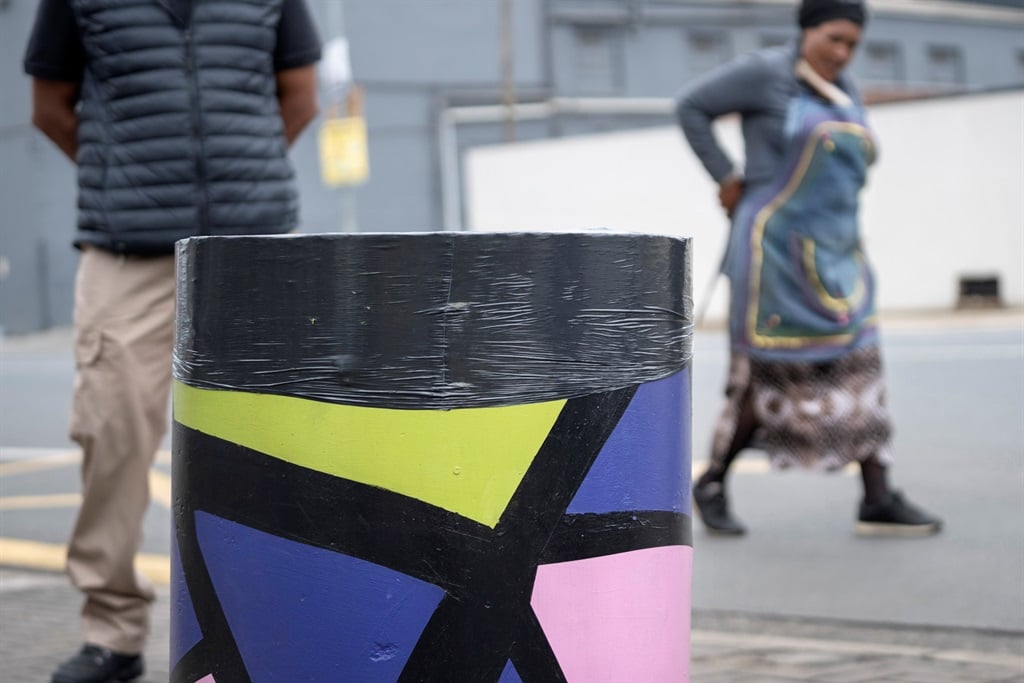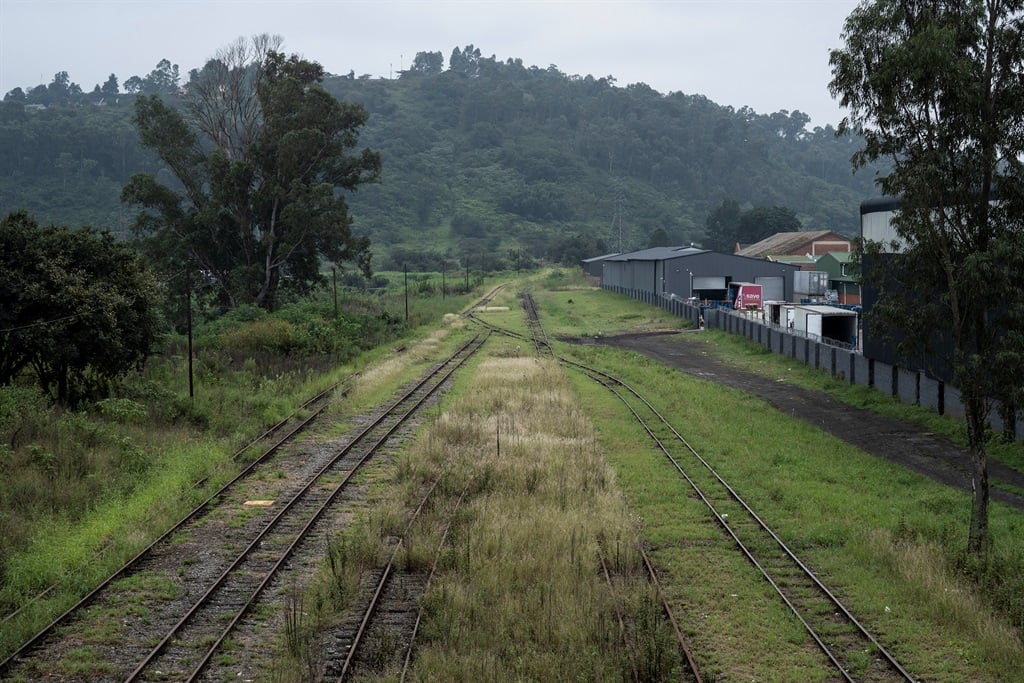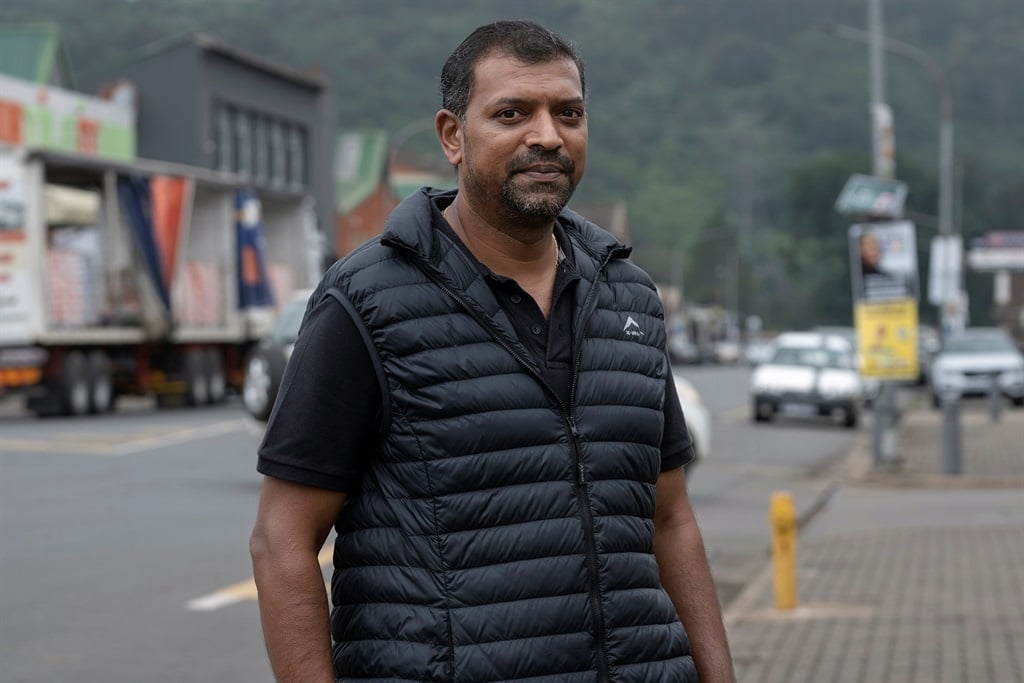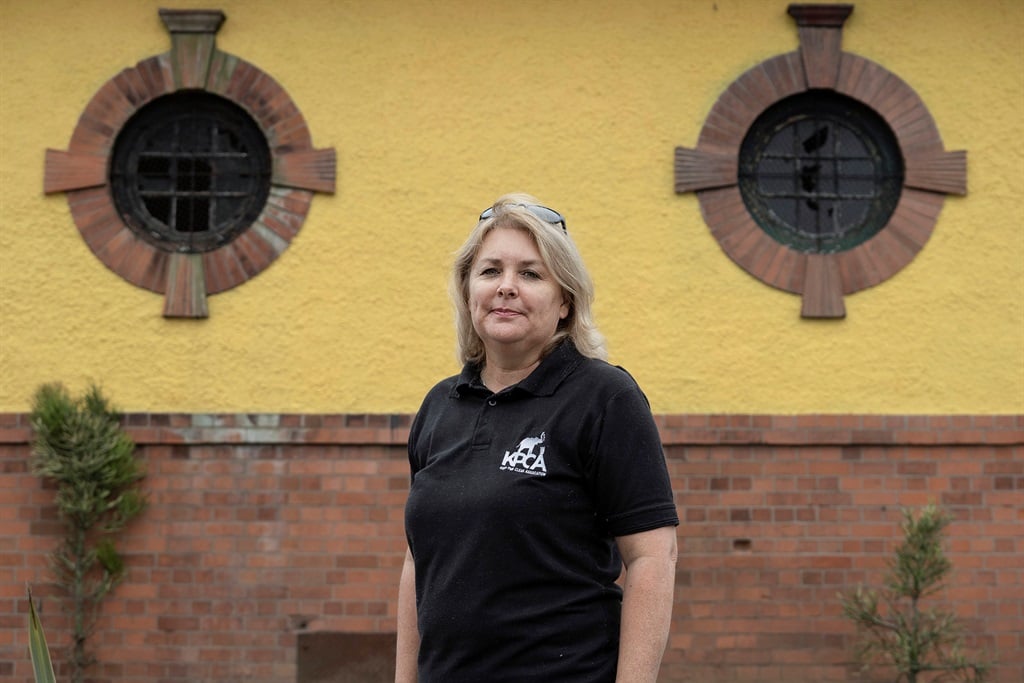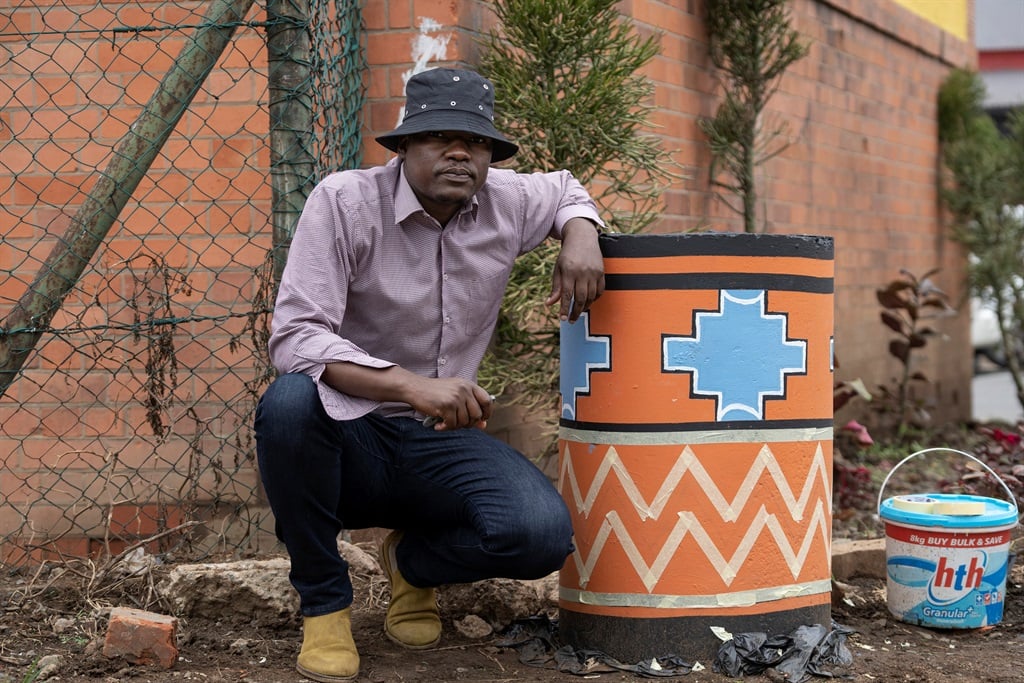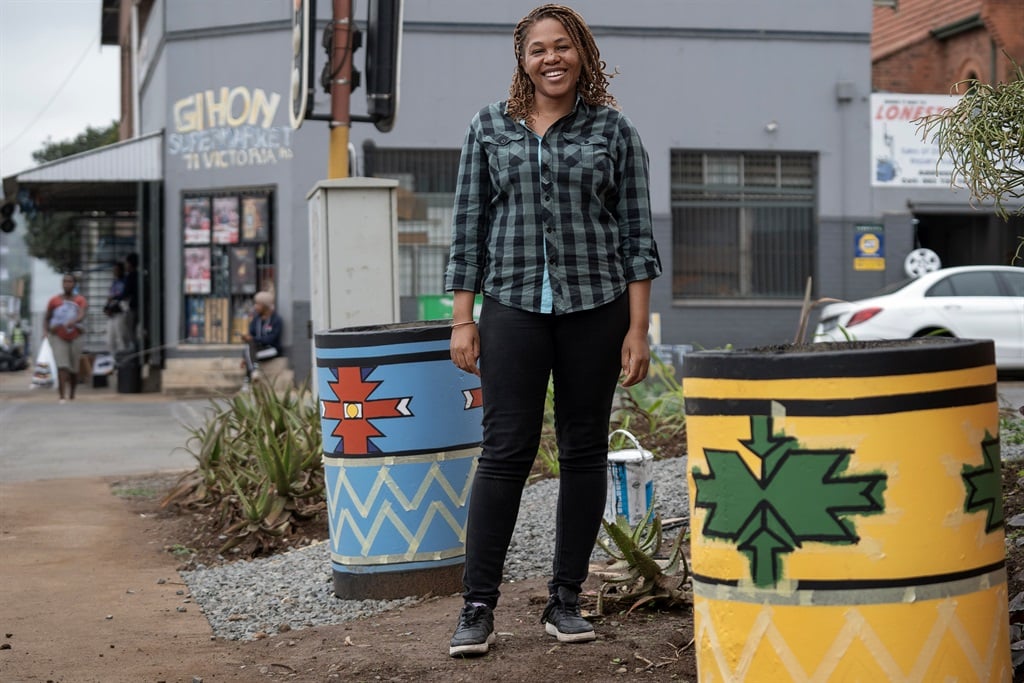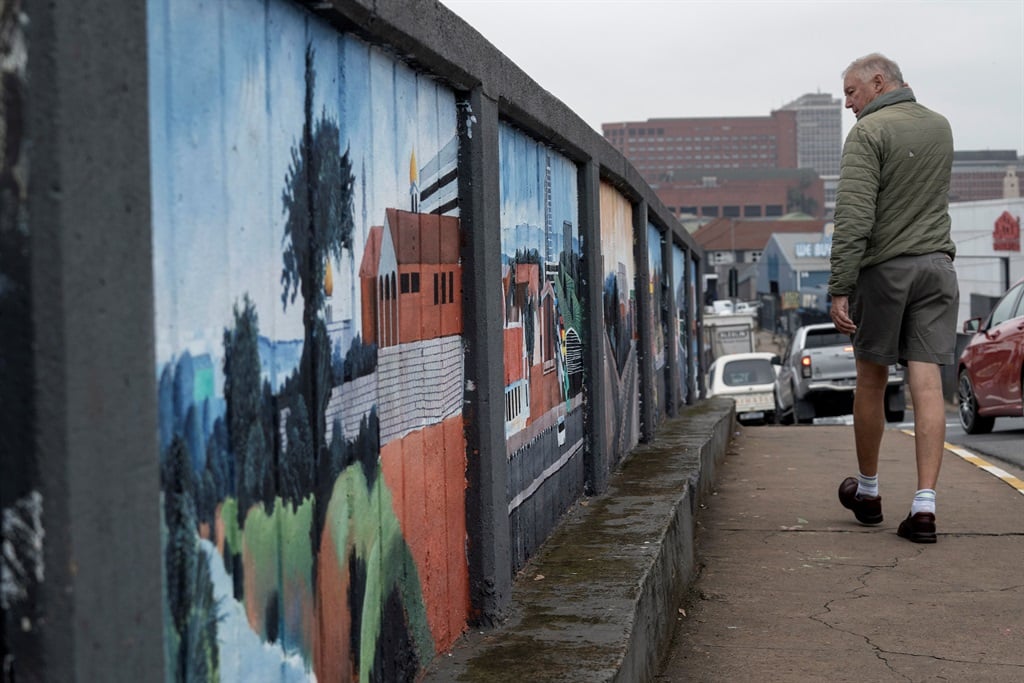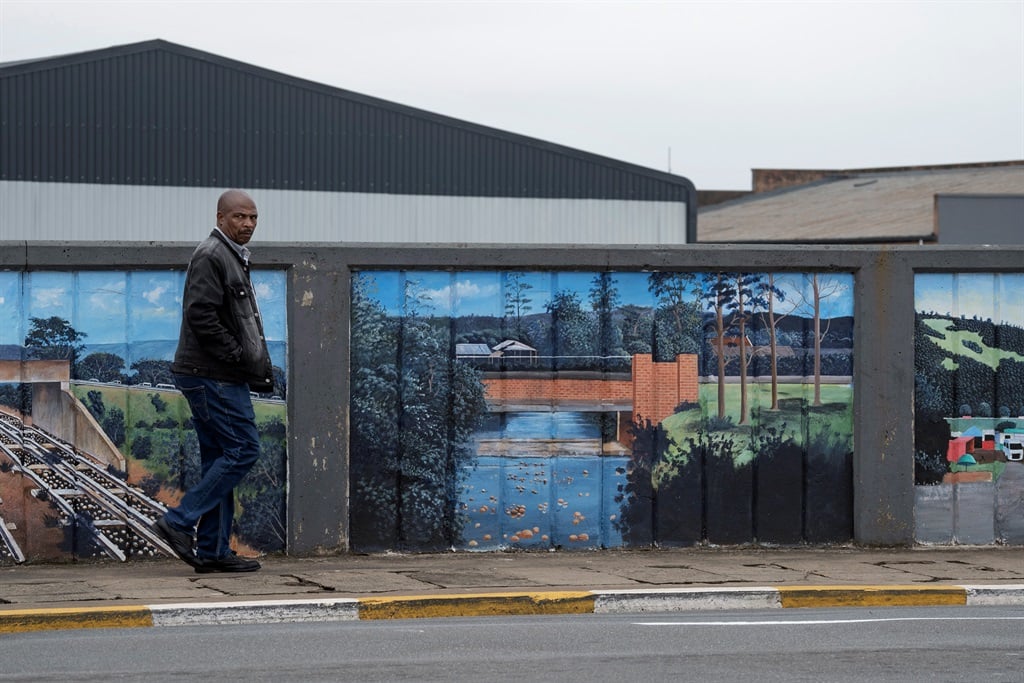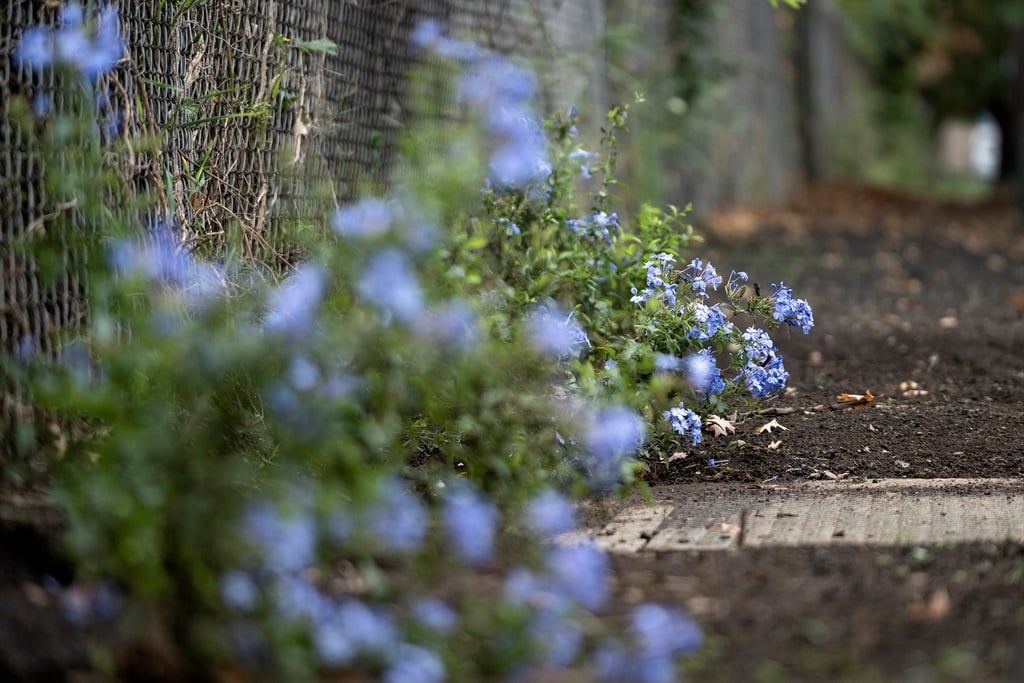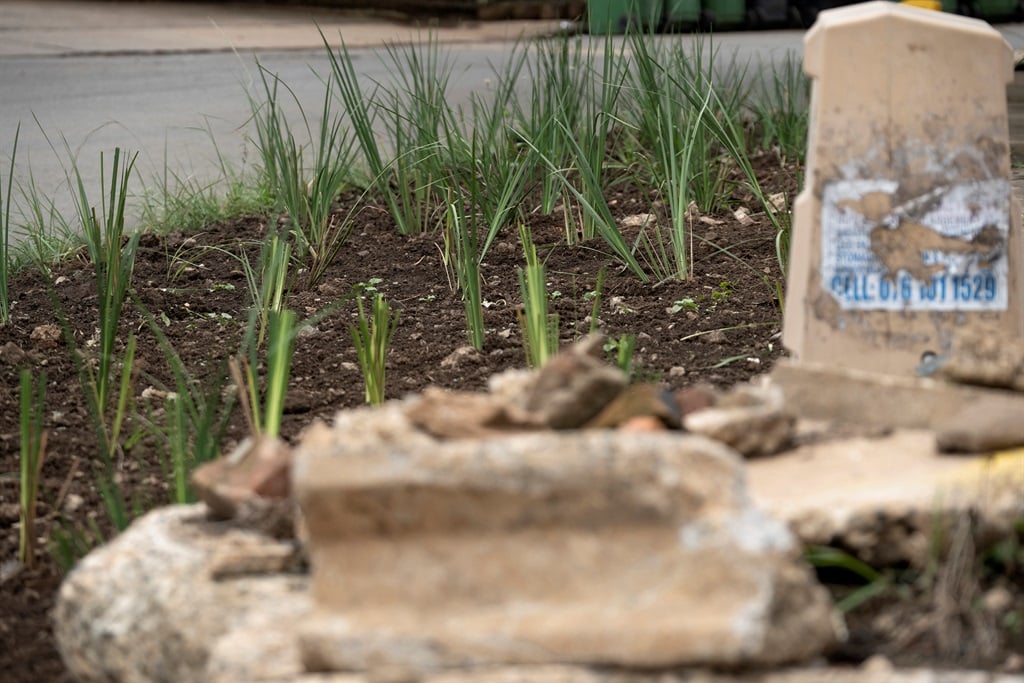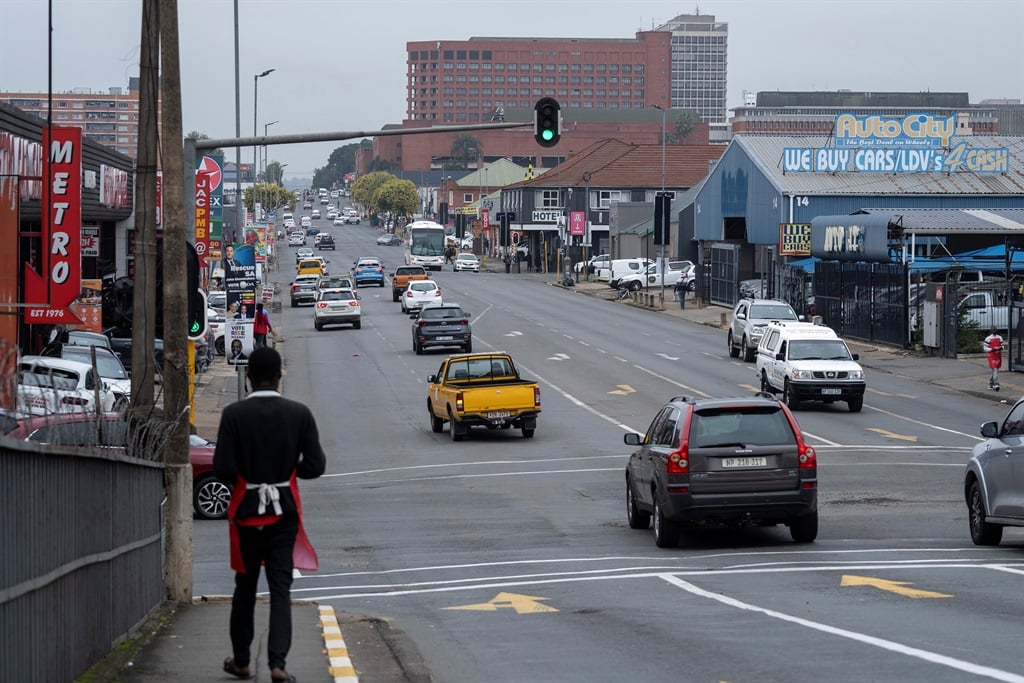- Dry running water, long-term power outages, non-existent garbage collection and rampant crime are the norm in Pietermaritzburg, but artists and businesses don't want to see their city sink further into despair.
- Led by the Keep Pietermaritzburg Clean Action Group, they are taking matters into their own hands and working to rebuild the city.
- In the series, on the roadNews24 is touring the country to gauge South African sentiment ahead of the election.
Like most South African cities, Pietermaritzburg faces a number of challenges, from power outages, water shortages, crime, aging and crumbling infrastructure, land grabs to unemployment.
The challenges plaguing the City of Choice are not unique.
Msunduzi Municipality recently began cleaning streets, repairing some roads and clearing illegal dumping sites in the spirit of election campaigning.
KwaZulu-Natal's capital is buried under mountains of filth and garbage, with parts of the city occasionally mowed and some iconic buildings such as City Hall abandoned.
All of this points to the precarious financial position of the beleaguered municipality, which led it to halt projects this week and implement “cost containment measures.”
But a group of Pietermaritzburg residents, businesses and talented artists are taking it upon themselves to use art and gardening to revive the city.
For Lara Edmond, executive director and campaign manager of the Keep Pietermaritzburg Clean Action Group (KPCA), the vandalism of the iconic City Hall roof in 2021 and the general condition of the city center was a turning point .
On the road | The Decline of Durban: From Surf City to Surf Shy
Meanwhile, Save Hyper manager Indoline Pillay realized that if he continued to turn a blind eye as the city sank deeper into despair, his Victoria Drive hypermarket would not survive.
Since Save Hyper adopted and took ownership of Victoria Road, it has become one of the cleanest streets in the city.
A group of artists led by Khethiwe Kunene are using their skills to beautify a previously eyesore in Pietermaritzburg.
“This was a miracle of collaboration,” Edmond said of the community's efforts to rebuild the city.
“It's also about hope, and hope grows. I feel that in a city that is so dysfunctional and so chaotic, art has played an important role. Beauty and art inspire hope. So I feel like I have a purpose and that’s what it is.’ It’s very fulfilling,” she added.
Although the NPO was registered in 2023, its work began long ago by focusing on the aging of the city centre.
The group launched a campaign to raise noise and raise awareness about how rock bottom the city had fallen.
Edmond then held a meeting with Mayor Mzimkulu Teborah and appealed to the community to get involved.
The mayor agreed to a subsequent meeting to discuss details.
On brand with most politicians, Tevola has yet to meet with the group.
Still, Edmund was undaunted. His motto was always “We start, and you can catch up with us.”
But the key to getting parts of Pietermaritzburg cleaned up and given a much-needed makeover was knocking on doors and getting businesses and visual artists on board.
Artists generously use their time and skills to paint and color trash cans.
One artist, Siyabonga Sikosana, was tasked with painting a bridge, while others painted trash cans in bright tones.
His meticulous work on the bridge is a tribute to Comrades Marathon House, the 2023 Rugby World Cup and sponsoring company Save Hyper.
The plan also includes painting a giant mural on a building that once housed one of the city's electrical substations. Since then, it has become a den of vagrants.
Kunene, from the Mindful Art Society, which empowers budding artists in Pietermaritzburg, is leading a group of artists who are painting on trash cans and bridges.
Artists selected Ndebele prints for the trash can.
She said she realized the extent of Pietermaritzburg's decline after returning from a 15-year stint in Johannesburg in 2020.
“There aren't many creative spaces in Maritzburg. I love Maritzburg, so I want to create that space in Maritzburg. That's what we're doing,” Kunene added. .
When she returned to her hometown in 2020, she said she immediately noticed that the city had changed.
Looking back on her childhood in Pietermaritzburg, Kunene added:
The Maritzburg I grew up in is not the Maritzburg we know today.
She said the city used to be safer, but not now.
“I lived in Hayfield and could walk from Hayfield to the gallery by myself. I used to go to the market and I was allowed to go by myself.
“The energy in Maritzburg was different. There was a sense of community. And today, people are confined to their homes and you don't see young people gathering anymore,” Kunene added.
What also worried Mr Kunene was that many Pietermaritzburg residents were moving to towns that seemed better run, such as Howick and Hilton in Ummugeni, which are run by the local authority.
“Coming back was a shock for me, but the funny thing is that everyone I asked for help was eager to help,” she said.
“Many of them are disillusioned because they have participated before and seen what is happening, especially in the CBD,” she says, citing the positive response she has received from others eager to participate. He added that he was inspired by.
“People are very keen to see things change, and that's what motivates me.”
Several businesses and schools are also joining KPCA's efforts.
Kyle Baskerville, who is employed at the Bose plant, said it was easy to get involved after being approached by KPCA.
“The city was falling apart and we could see it. The roads were falling apart, there were potholes everywhere and we were involved in another incident. [resident who was repairing potholes] We worked in different areas of Maritzburg and saw the benefits of remediating potholes there and the impact it had on local communities.
“Since I've been involved, I've seen a lot of change. We were able to get the mayor to come to the meeting.”
Ms Baskerville said the area had previously struggled with burst water pipes, potholes and drug traffickers.
“As soon as you start cleaning, people take pride in cleaning, crime goes down, and businesses improve because people feel safe coming into the store.
“From a financial perspective, if we let this place collapse, real estate values would go down, sales would go down, profits would go down.
“It is in our interest to protect the communities around us because with development we can earn higher incomes and can afford to put money back into the community.”
Meanwhile, the Msunduzi River Crisis Committee launched a petition on change.org on April 3.
The petition expresses the community's concerns that “Msunduzi Municipality has failed and has failed to manage solid waste and sewage waste in the greater Pietermaritzburg community for many years.”
The group claims that “E. coli levels in our rivers and streams have increased tenfold since 2010” and complains about litter on streets and public spaces.
The petition, which had 371 signatures by Friday, said: “We are dismayed by the increasingly poor conditions in and around our city. “Waste management services are not functioning and there are many informal dumping sites.” afternoon.
On the road | Mukondo residents grapple with illegal dumping, nearly 'ruining' town ahead of vote
But residents may have to fend for themselves even more in the coming months.
Signaling the city's financial woes, city leaders sent a circular to all staff on April 3 stating that several cost-containment measures needed to be implemented “in light of City Council's current financial position.” He said there is.
This includes all council-funded projects having to stop “unless it is a matter of compliance or emergency”.
The measures also included “drastic internal processes for debt collection” and strengthened regulations to “support revenue collection.”
Another measure reads: “Reduce electricity and water losses as a matter of urgency.”

